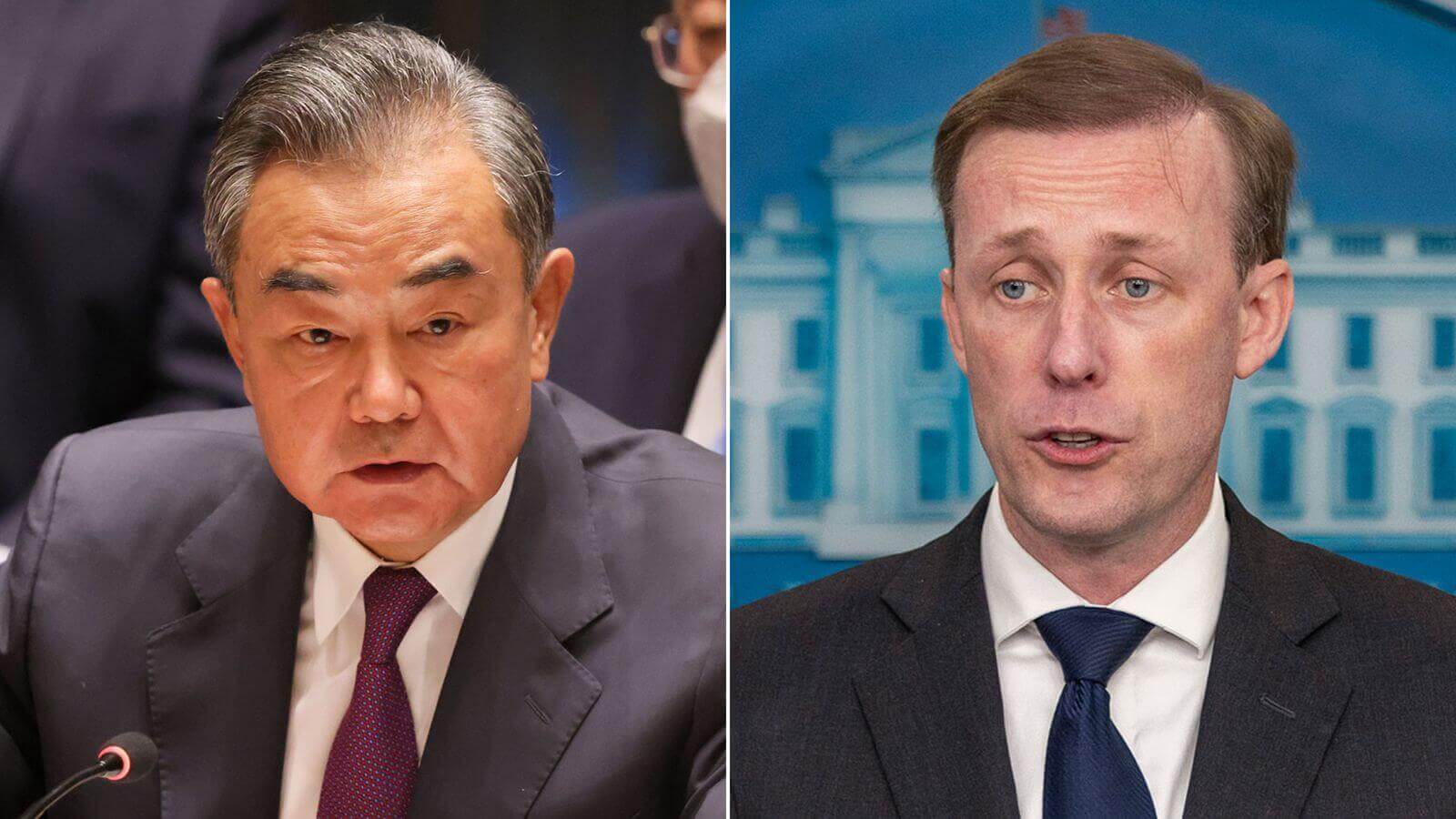During a meeting with Chinese Foreign Minister (FM) Wang Yi on 26-27 January, US National Security Adviser (NSA) Jake Sullivan urged China to wield its influence on Iran to ease tensions in the Middle East.
Reports indicate that Houthi militants have launched unprecedented attacks on US military personnel and ships operating in the Red Sea and Gulf of Aden.
While the details of their discussion have not been made public, officials from both sides have commented on the matter.
Comments from China
Chinese Foreign Ministry spokesperson Wang Wenbin was asked during his press conference on Friday to confirm whether China has asked Iran to help control the attacks in the Red Sea and warned of deteriorating bilateral relations if Iran refuses.
Wang replied that Beijing is “deeply concerned about the recent escalating situation” in the Red Sea, which is “an important international trade route for goods and energy.” China has tried to “actively [deescalate] the situation, called for an end to the disturbance to civilian ships, and urged relevant parties to avoid fueling the tensions in the Red Sea and jointly protect the safety of international sea lanes in accordance with the law,” he added.
He further noted that the tensions were “a spillover of the Gaza conflict, which should end as soon as possible to prevent it from escalating or spiraling out of control.”
Just finished two days of meetings with Director Wang Yi in Bangkok to follow up on the Woodside Summit between President Biden and President Xi last November. pic.twitter.com/JcaXLbBBz1
— Jake Sullivan (@JakeSullivan46) January 27, 2024
Wang stressed that the UN Security Council “has never authorised the use of force by any country against Yemen.” “The sovereignty and territorial integrity of Yemen and other coastal countries along the Red Sea need to be earnestly respected,” he urged.
Comments from the US
A senior US officer told the press on Saturday that China, which is one of Iran’s largest trading partners due to the “substantial quantities” of oil it buys, has the potential to use the leverage gained by its economic and trade partnership.
“How they choose to use that, of course, is China’s choice. But Iran’s influence over the Houthis and the Houthis’ destabilisation of global shipping raises serious concerns, not just for the US and China but for global trade,” the official noted.
He added that although China has “a clear interest” in controlling such attacks, “whether it chooses to use that leverage in that way… remains to be seen.”
Growing Engagement
The high-level Wang-Sullivan meeting in Bangkok was part of an “effort to maintain open lines of communication and responsibly manage competition in the relationship as directed by the leaders,” the White House said.
It added that both sides recognised recent progress in resuming military-to-military communication and the importance of maintaining these channels. They also discussed next steps towards holding a US-China dialogue on AI early this year and hailed the advances in cooperation on counternarcotics issues.

